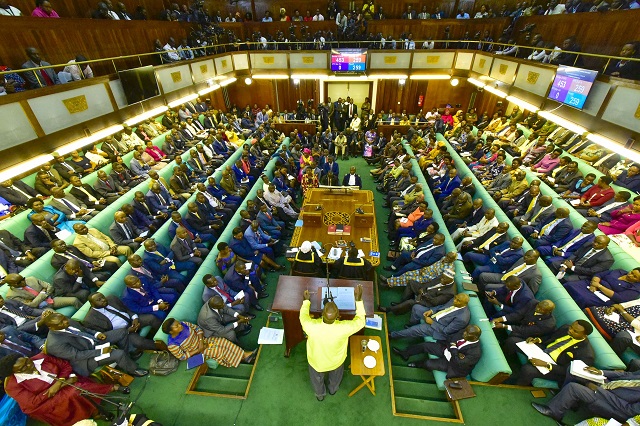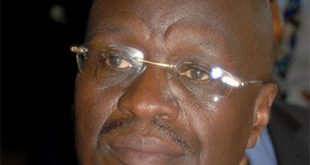
Unlike past occasions where MPs controversially paid themselves despite public outcry, they should be punished this time
COMMENT | PETER WANDERA | A lot has been written and spoken about the Shs10 billion scandal in which each MP received Shs20 million. From the debates and justification given, one is left wondering if the MPs passed the Shs10bn fully knowing that what they were doing was morally wrong but went ahead and did it anyway. If this is the case and all indication points in that direction, then it is the highest level of impunity ever exhibited in Uganda.
This impunity has been nourished and gradually entrenched to this level as evidenced by the actions of Parliament in the past. They have on numerous occasions passed controversial payments to themselves but have always managed to turn a deaf ear despite the public outcry. This apparent exemption from punishment has enabled parliament to develop a thick skin leading to the level of impunity seen today.
The Parliament has mainly three roles; legislation, appropriation and oversight. Article 156 of the 1995 constitution of the Republic of Uganda gives Parliament powers to appropriate funds through an appropriation bill as presented by the Executive. This is further supported by Articles 14 and 25 of the Public Financial Management Act 2015 which provides for approval of the annual and supplementary budgets respectively. However, the question is whether the Executive had a role in proposing the appropriation of the Shs10 billion or it was a case of Parliament “arm twisting” the Executive to smuggle in the Shs10 billion? Article 93 of the constitution prohibits Parliament from appropriating from the Consolidated Fund unless it is through a Bill presented by the Executive.
This brings us to the oversight role of Parliament. How would Parliament exercise its oversight role in an activity they themselves are actively implementing? This defeats the principle of “separation of powers” or “checks and balances.” Parliament would have appropriated these funds to the respective districts for a specified purpose preferably Health related COVID 19 interventions, over which the MPs would then independently do the much needed oversight.
Secondly, there arises an issue of conflict of interest. Article 9 of the Anti-Corruption Act 2009, specifically makes it an offence for an officer serving a public body deliberating in a matter that he or she has a personal interest and is in a position to influence the outcome directly or indirectly. Parliament is among the public bodies specified in the Act. Was there conflict of interest on the part of the Speaker and the MPs when they deliberated on the Shs10 billion?
Thirdly, Article 11 of the Anti-Corruption Act 2009 states that an official employed by a public body who acts arbitrary in a manner prejudicial to the interests of his employer or any other person in abuse of his/her office commits an offence. Was the action of the speaker and the MPs an abuse of office?
I wish, therefore, to invite the police Criminal Investigations and Intelligence Department (CIID), the Director of Public Prosecution (DPP), the Inspectorate of Government (IG) and possibly the State House Anti-Corruption Unit to examine the recent self-allocation of Shs20 million by the MPS and investigate whether this action was not an offence under the Anti-Corruption Act 2002. This is respect to provisions of Article 9- Conflict of interest and Article 11-Abuse of office.
It should also be noted that Article 2 of the Inspectorate of Government Act 2002 defines corruption as the abuse of public office for private gain. If there are sufficient grounds that the MPs and the Speaker abused their offices for private gain, they should take full responsibility and be brought before the AntI- Corruption Court to answer the charges. It is only through such decisive action that sanity shall be restored not only in Parliament but in all public offices. If such stringent and punitive action is taken then we shall put an end to this impunity.
****
Peter Wandera is the Executive Director, Transparency International Uganda
CLICK TO READ ONLINE MAGAZINE HERE
 The Independent Uganda: You get the Truth we Pay the Price
The Independent Uganda: You get the Truth we Pay the Price



